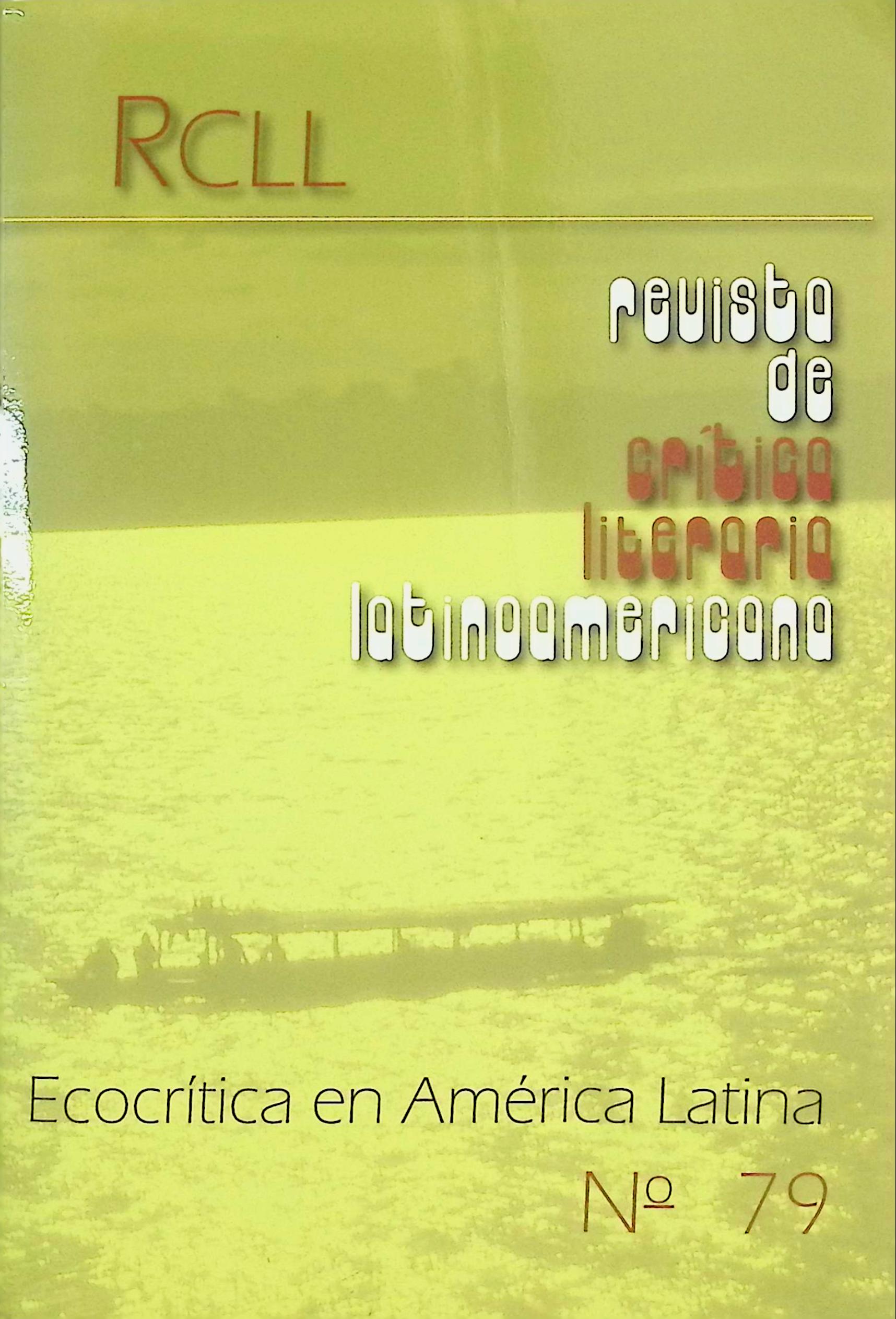From the river to the sewer: the current of ecological consciousness in Colombian literature
Keywords:
river, nature, violence, Candelario Obeso, La vorágine, El amor en los tiempos del cólera, La novia oscura, AngostaAbstract
This article presents an overview of different ways in which Colombian literature of the past two centuries has used the symbolic richness of the river to articulate ecological awareness and link environmental concerns with social concerns of various kinds. This analysis focuses on five works: a nineteenthcentury poem by Candelario Obeso, La vorágine (1924) by José Eustasio Rivera, El amor en los tiempos del cólera (1985) by Gabriel García Márquez, La novia oscura (1999) by Laura Restrepo, and Angosta (2004) by Héctor Abad Faciolince. The literary rivers in these texts channel the deterioration of the environment with the marginalization of certain sectors of the community, with violence, with foreign intervention, and with exclusion and social inequality, within a vision of nature in which it is recognized as an integral part of the community.





